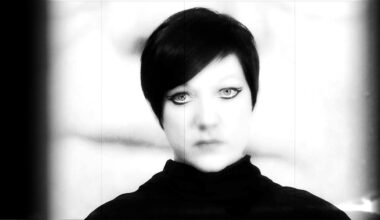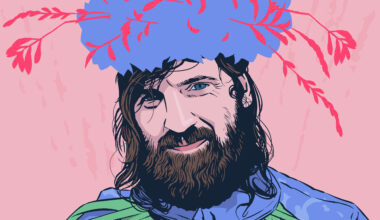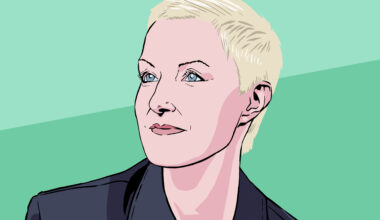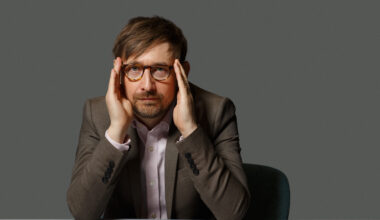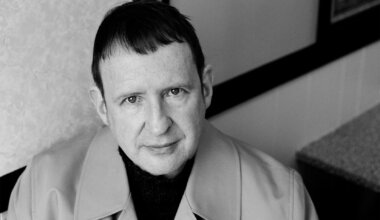Dub Pistols’ Barry Ashworth reflects on the formative influences that have shaped his life and career
Want to read more?
Sign up to Electronic Sound Premium to gain access to every post, video, special offers, and more. 100%, all you can eat, no commitment, cancel any time.
Already a premium member? Log in here
